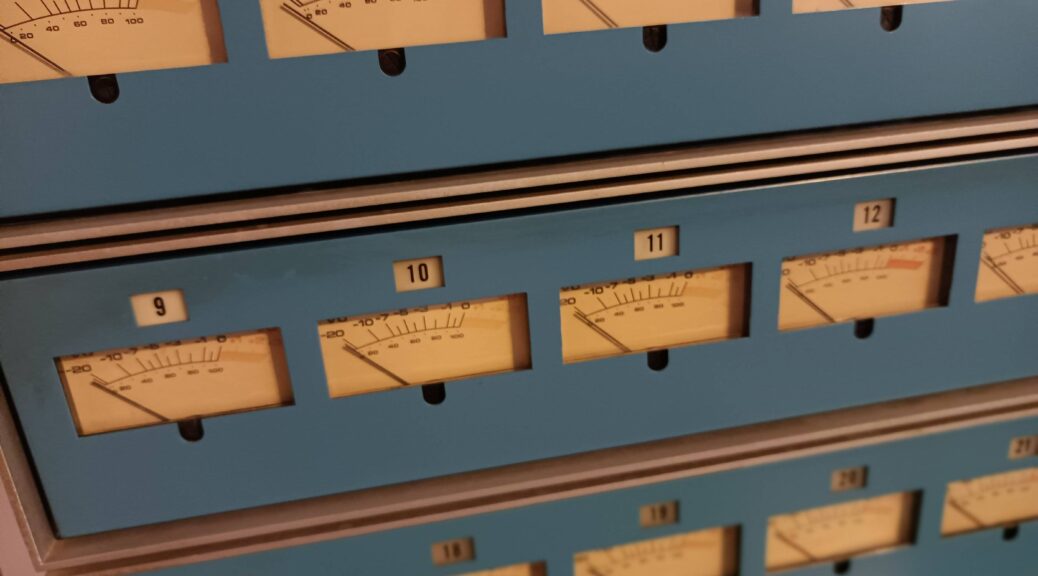Using Royalty Free Music
Royalty-free music can be used in a wide variety of situations. Most people seeking a legal way to license music intend on using it in: slideshows, promo videos, educational videos, corporate productions, trade show media, and for other uses. People that use licensed royalty free music include:
• • Wedding Photographers
• • Production Companies
• • Portrait Photographers
• • Freelance Videographers
• • Wedding Videographers
• • Non-Profit Organizations
• • Ministries & Churches
• • YouTubers and influencers
When choosing songs to use, it is recommended to read the license agreement to see all of the ways you can and can not use the music you license on a stock site. Where you can use it will depend on what license type that you choose.
Photographers and videographers can spend countless hours searching through poorly produced sites for stock music to sync with their films, only to hit a wall of disappointment and frustration because the generic selection doesn’t accurately reflect and continue what they are hoping to communicate.
It would be even worse to spend all that time working on a project with music only to later discover that you can’t really use it the way you wanted anyway.
Free music can still be powerful
Music is an essential component in media production. The difference between a strong and a weak video or film can depend on the music selection. Most people are not aiming to put out an unimpressive project. But the use of a substandard arrangement can completely derail your visual efforts. However, if you couple a strong visual project with a strong musical composition it will not only enhance the overall appeal of your work, but it takes it to the next level and makes it feel like a more complete work instead of giving the impression that the music was added after everything else was done.
Music and other arts
Increasingly, the arts are blending. There is a great deal of “cross contamination” between the different facets of arts. One very good way to increase that is to have licensing in place so that there is a clear structure so no one gets carried away and abuses other artists. It also helps when works are later shown in different contexts, such as on television. So doing the right thing at the beginning can help the later exploitation of a piece. It’s worth bearing in mind that lots of video material is finding its way into documentaries and TV shows.
Other than personal download use and tour sales, licensing is one of the only other ways recording artists get paid for the work they do – and is becoming increasingly important as a means of survival. By appropriately licensing a song, you are telling not only the artist that you like and respect their work, but you are telling everyone who sees your project that you respect other artists.
